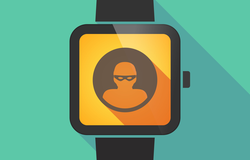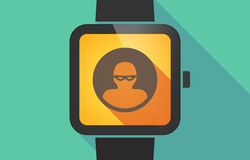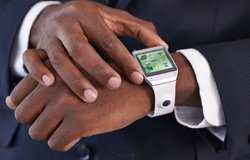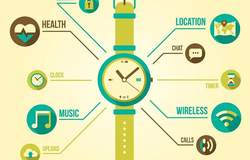Wearables responsible for consumer privacy gaps, says HHS report

(c)iStock.com/HASLOO
A new report released by the US Department of Health and Human Services argues that the ubiquitous nature of health apps and wearable technologies has led to gaps in consumer privacy, which are regulated by the watershed Health Insurance Portability and Accountability Act (HIPAA).
The report said: “New types of entities that collect, share, and use health information are not regulated by HIPAA. Health information is increasingly collected, shared, or used by new types of...


















